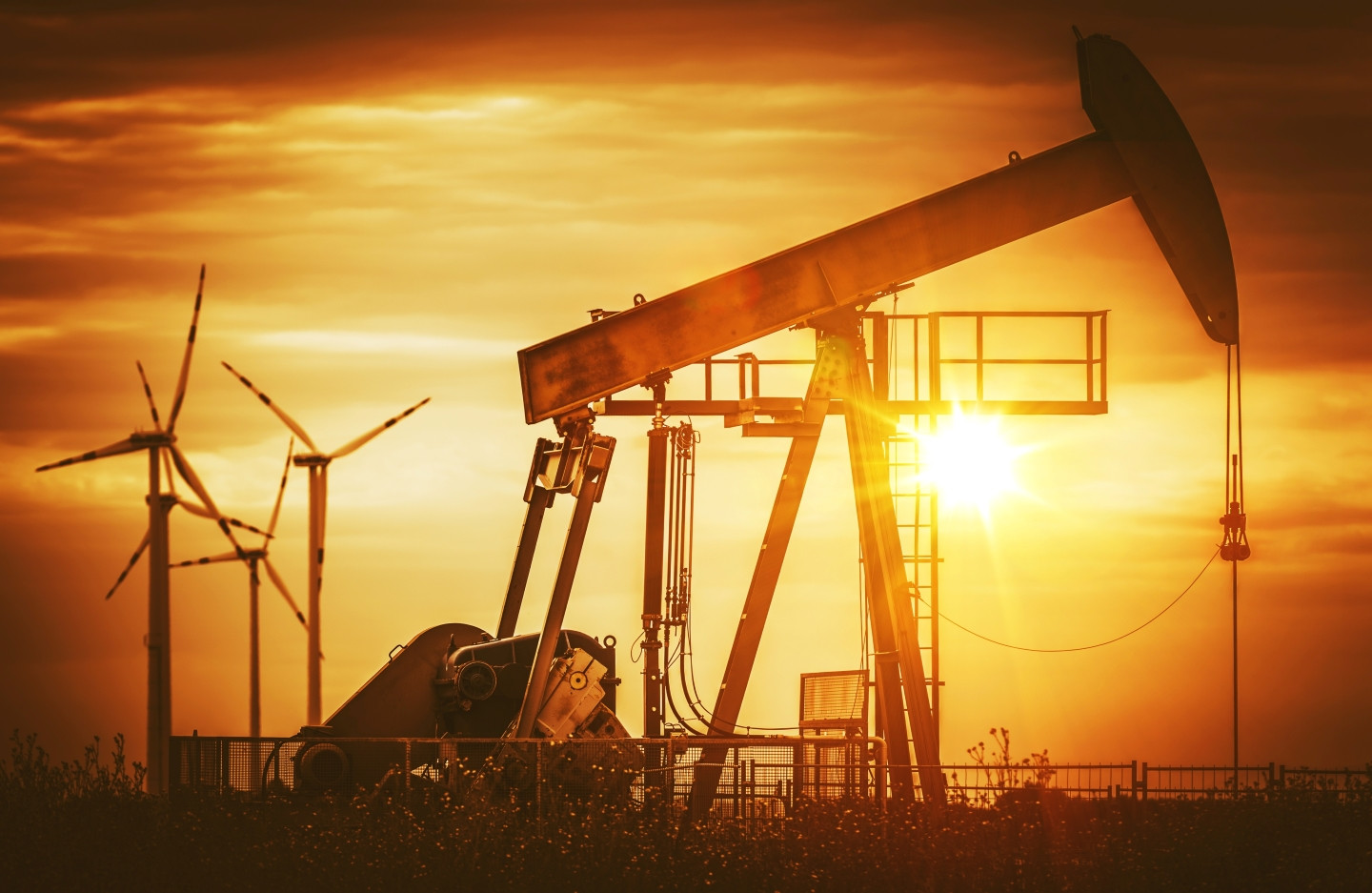Introduction
In the oil and gas industry, keeping sites clean and well-maintained is crucial for both safety and operational efficiency. But as the weather changes—from scorching summers to rainy fall months and cold winter storms—these cleanup efforts become even more important. Harsh weather can exacerbate spills, disrupt operations, and create hazardous environments. At B&H Sanitation and Pressure Washing, we understand that preparation is the key to successfully managing these changes and ensuring safety remains a top priority.
In this article, we’ll explore why oil and gas site cleanup is essential, how changing weather conditions can impact these efforts, and offer practical steps to ensure your site is prepared for any season.
The Importance of Oil and Gas Site Cleanup
Oil and gas operations produce waste that, if not properly managed, can damage the environment and pose health risks. Cleaning up these sites involves removing spills, debris, and any hazardous materials left behind during extraction, drilling, or storage processes. Regular cleanup helps minimize the risk of accidents, equipment malfunctions, and environmental violations. This becomes even more critical during periods of severe or changing weather.
How Changing Weather Affects Oil and Gas Site Cleanup
- Heavy Rain and Flooding
- When heavy rains hit, they can cause oil spills or leaks to spread across a wider area. Additionally, standing water can interfere with machinery and equipment, slow down operations, and create dangerous working conditions for employees. Rain can also wash contaminants into nearby water sources, further complicating the cleanup process.
- Wind and Storm Damage
- Strong winds and storms can blow debris onto your site or damage equipment. Torn tarps, broken fences, and damaged storage containers can lead to spills or hazardous material exposure. Immediate cleanup is necessary to avoid long-term damage and safety risks.
- Freezing Temperatures and Snow
- Cold weather presents its own set of challenges. Oil and gas products can thicken or freeze, making them more difficult to manage or clean up. Ice and snow also create slippery surfaces, increasing the risk of falls or vehicle accidents. Additionally, freezing temperatures can damage cleanup equipment and pipes, leading to costly repairs.
- Heat and Drought
- While it may seem that dry weather reduces cleanup challenges, extreme heat can be just as problematic. Heat can cause equipment to overheat, while dry conditions can lead to dust storms that make cleaning efforts harder and more hazardous. Flammable materials also become more dangerous in hot, dry weather.
Best Practices for Preparing Your Site for Weather Changes
1. Create a Seasonal Cleanup Schedule
- One of the best ways to prepare for changing weather is to establish a seasonal cleanup schedule. Conduct more frequent cleanups during rainy seasons and before winter sets in to ensure any potential contaminants or hazardous materials are addressed before they worsen.
2. Stockpile Cleanup Supplies
- Ensure you always have an ample supply of cleanup materials, such as absorbents for spills, tarps for covering equipment, and shovels or plows for snow removal. It’s also crucial to have personal protective equipment (PPE) ready for different weather conditions—rain gear, cold-weather clothing, or breathable materials for summer heat.
3. Regularly Inspect and Maintain Equipment
- The last thing you want during extreme weather is to discover that your cleanup equipment isn’t functioning properly. Regular inspections of your cleaning and safety gear can prevent delays in case of an emergency. Additionally, servicing your machines before winter can prevent them from freezing up or breaking down due to harsh conditions.
4. Plan for Emergency Scenarios
- Every site should have an emergency response plan for severe weather. Whether it’s a flood, ice storm, or tornado, your team should know exactly what to do to protect themselves, the equipment, and the environment. Be sure to train employees regularly on these protocols.
5. Partner with Professionals for Specialized Cleanup
- Cleanup efforts during harsh weather often require the help of trained professionals. Hiring a trusted sanitation and cleanup company like B&H Sanitation and Pressure Washing ensures your site remains compliant with environmental regulations and free of hazards year-round. Our experienced team understands the complexities of oil and gas site cleanup and will tailor a plan to keep your operations running smoothly, no matter the weather.
Conclusion
Changing weather conditions can pose significant challenges to oil and gas site cleanup, but preparation is key. By staying ahead of potential risks, regularly maintaining your equipment, and partnering with professionals, you can keep your site safe and compliant in any season. At B&H Sanitation and Pressure Washing, we’re here to help ensure your cleanup efforts are efficient, environmentally responsible, and ready for whatever the weather brings.

